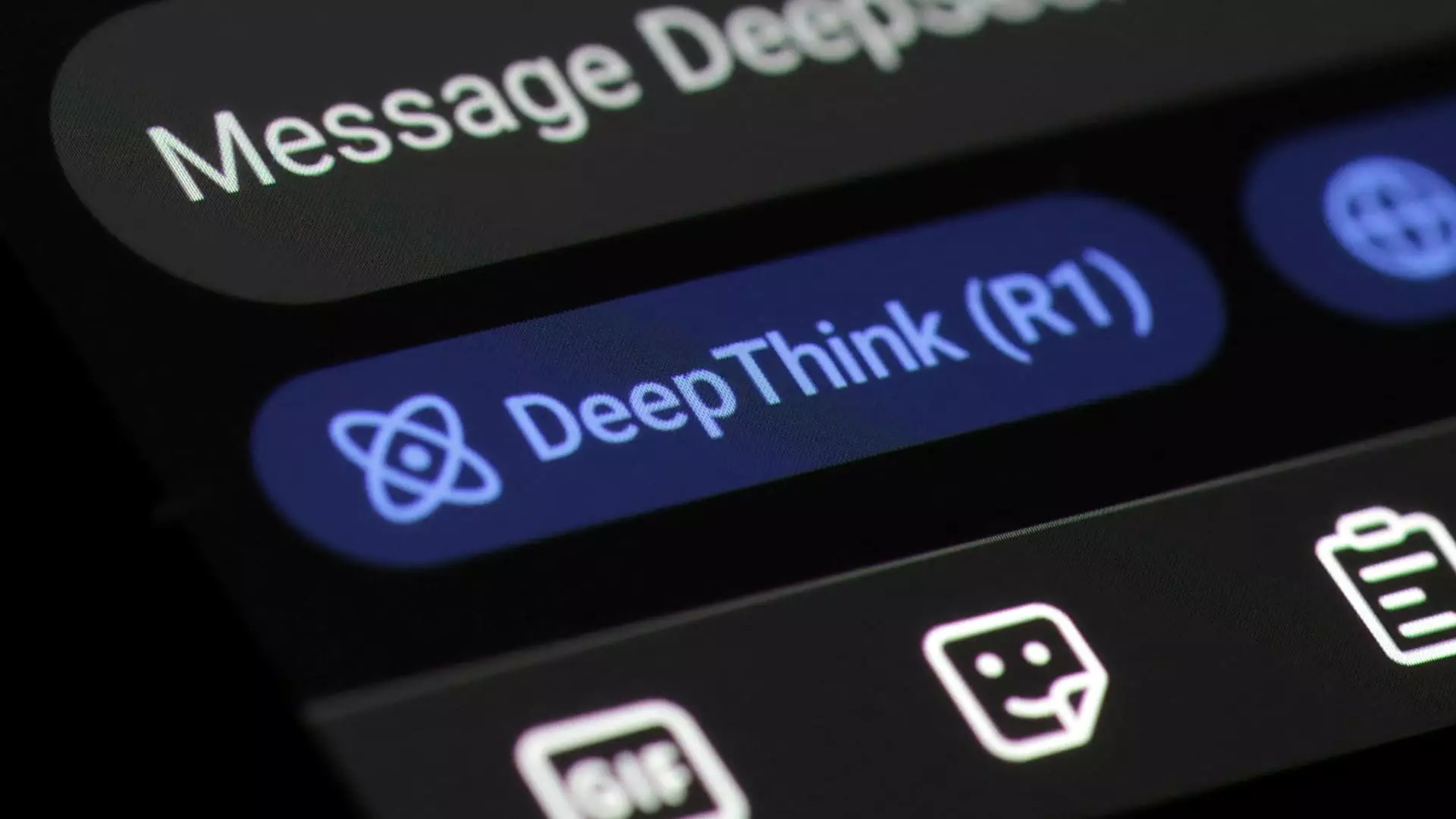In the ever-evolving tech landscape, the challenge of adhering to export controls has grown increasingly sophisticated. Recently, Singapore’s Ministry of Trade and Industry (MTI) underscored this complexity, particularly in relation to American companies operating in the region. This came to the forefront following a claim by China’s DeepSeek regarding its large language model’s capabilities, which allegedly exceeded those of OpenAI’s system, coupled with concerns about the origins of the chips powering this AI innovation.
DeepSeek created a stir in the AI community by announcing that its model was not only functional but also significantly more cost-effective to train. This revelation naturally garnered attention and optimism; however, the excitement was tempered by scrutiny over the semiconductors used in developing this model. Given stringent U.S. restrictions on exporting advanced AI chips to China, questions arose concerning whether these chips—reportedly from Nvidia—had been legally acquired by DeepSeek.
The situation became even more convoluted as reports surfaced of U.S. officials investigating potential backdoor transactions wherein DeepSeek might have sourced these critical semiconductors through intermediaries based in Singapore. Such actions, if proven, could violate export controls and have severe repercussions not only for the companies involved but also for the broader market.
In light of these allegations, Nvidia promptly responded by asserting that the chips utilized by DeepSeek aligned with U.S. export compliance laws. This statement, however, was not met with immediate reprieve. The market’s ongoing anxiety featured prominently in investor sentiment, creating an atmosphere of uncertainty that can be detrimental to all parties involved, including Nvidia and the international supply chain’s integrity.
Recognizing this precarious situation, MTI reiterated the importance of compliance with both U.S. export controls and Singaporean laws, emphasizing the role of customs and law enforcement agencies in addressing any violations decisively. The ministry’s diligence in this matter is vital not only for maintaining Singapore’s reputation as a reliable business hub but also for fostering trust in its regulatory framework.
MTI’s statement captured an essential truth about modern trade: supply chains operate on a global scale but are subject to the legal and ethical standards of various jurisdictions. With Singapore being a critical nexus for numerous international companies, the expectations set forth by MTI reinforce the need for transparency and ethical procurement practices, especially concerning sensitive technologies like AI.
As Nvidia pointed out, a significant portion of its revenue is tied to business activities in Singapore; however, most transactions involve exporting products to markets beyond Singapore. This highlights the complexities faced by multinational corporations operating in regions fraught with regulatory challenges and rapidly shifting geopolitical landscapes.
The intersection of innovative technology, regulatory compliance, and global trade relations presents a daunting challenge for companies gearing up for a future dominated by AI. The case of DeepSeek serves as a cautionary tale for the tech industry, emphasizing the necessity of adhering to export laws and maintaining robust oversight of semiconductor transactions. As the global marketplace evolves, stakeholders must remain vigilant, ensuring that their operations are not only profitable but also ethically sound and legally compliant to navigate this intricate landscape successfully.


Leave a Reply